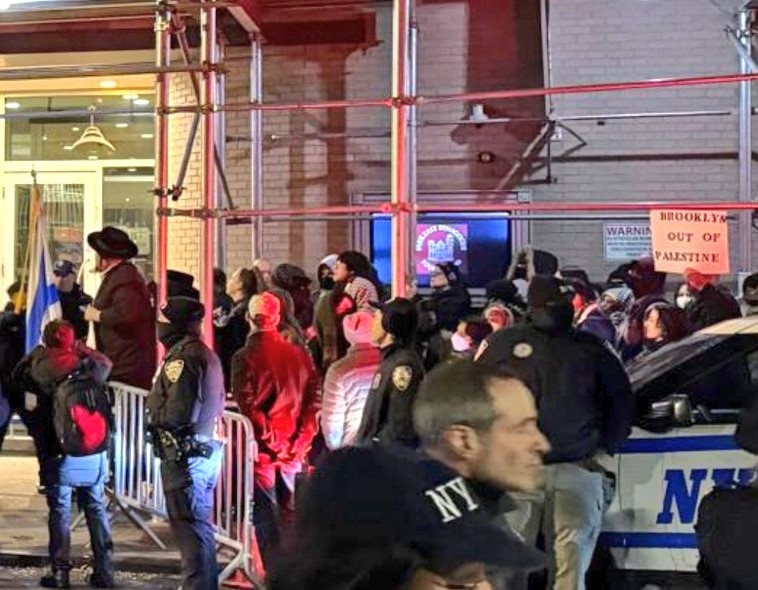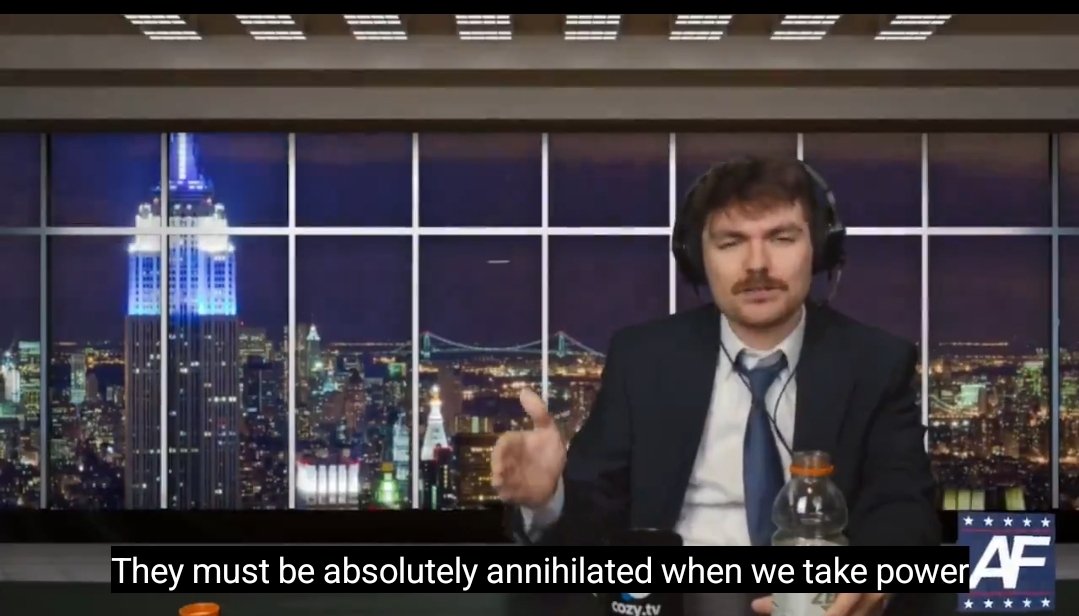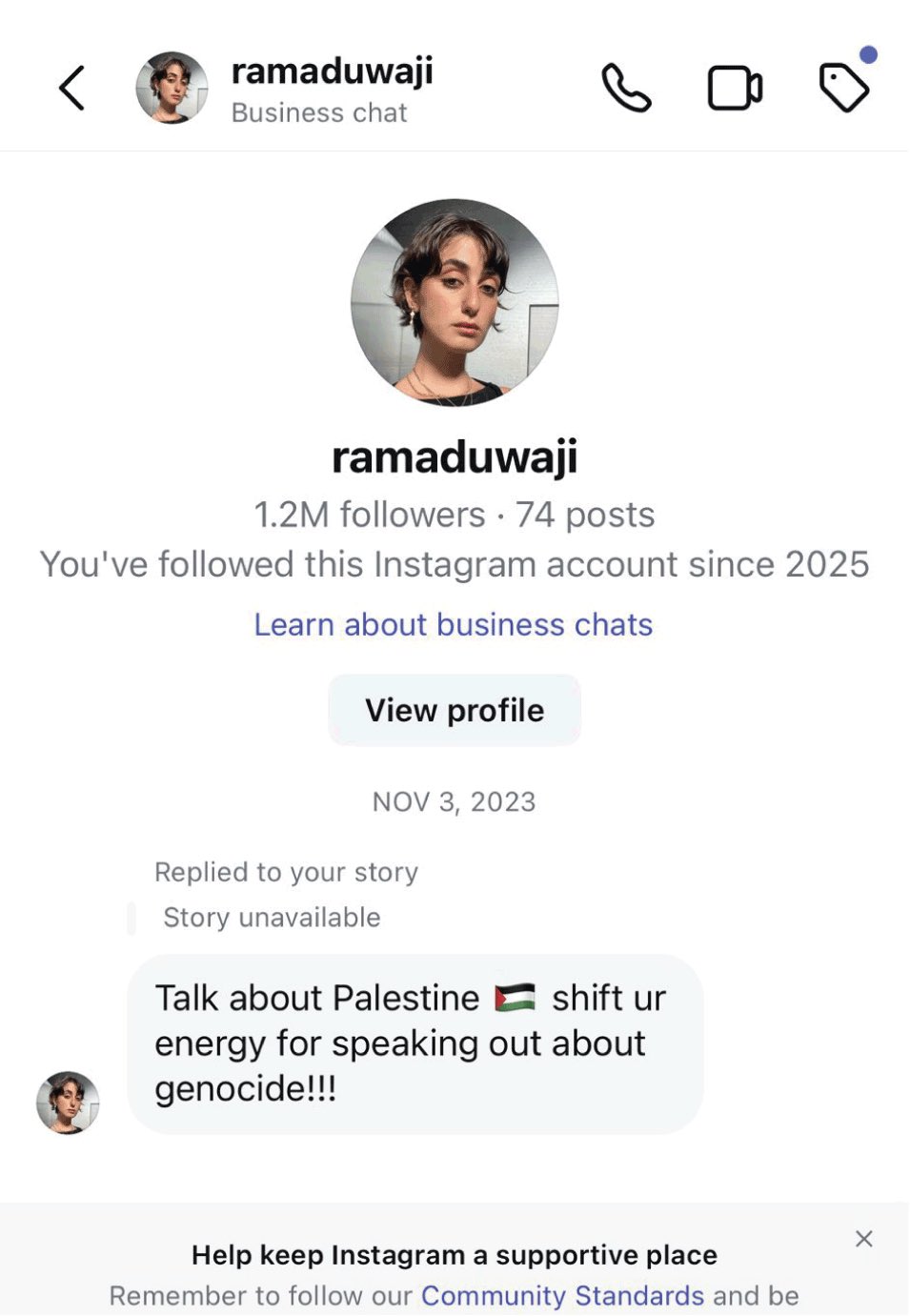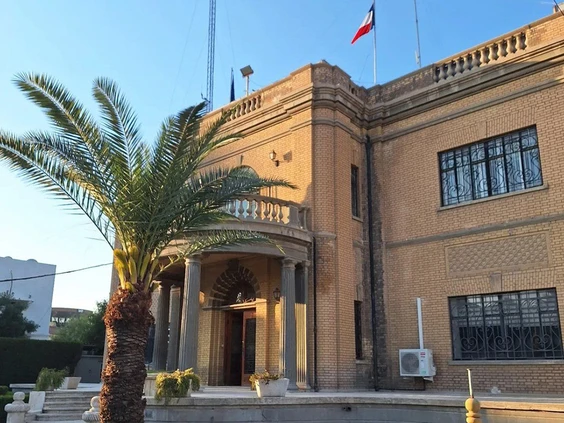Danielle Arfin
Two Ontario immigration lawyers have settled a defamation suit arising from a February 29, 2024 comment on LinkedIn. According to Law Times, Kareem Essam Ibrahim agreed on August 12, 2025 to pay Sergio R. Karas $12,500 over 12 months and to post a public apology on LinkedIn for 30 days. In that apology, Ibrahim wrote that he “publicly defamed” Karas by stating he “supports genocide,” adding that he had “no evidence at all” for the allegation and that he does not believe Karas supports “genocide or mass murder.”
The suit followed a Karas post showing an ABA Houston Energy Conference panel he co-chaired; the statement of claim quotes Ibrahim’s reply as: “Do these lawyers also support genocide, like you, Sergio R. Karas?” and notes he linked a Canadian Lawyer article. That article quoted Karas’s warning that a temporary residence pathway for Gazans could “stoke the flames of antisemitism,” while also urging robust security screening.
Court filings state that Karas alleged reputational harm and loss of competitive advantage; the statement of claim seeks damages and an injunction. In an amended statement of defence filed April 2024, Ibrahim denied defamation, said he deleted the comment within a week and posted a private apology, and pleaded defences including justification, fair comment, qualified privilege, and Ontario’s anti-SLAPP provision (Courts of Justice Act s.137.1). Per Law Times, the public apology is to remain online for 30 days from Aug. 12, 2025 (through approximately Sept. 11, 2025).
From a significance standpoint, the case underscores how a LinkedIn comment can qualify as “publication” for defamation when communicated to third parties, and how Canadian law balances speech with reputation through doctrines like responsible communication recognized in Grant v. Torstar. It also illustrates the practical role of apologies under Ontario’s Apology Act, 2009, which generally prevents apologies from being treated as admissions, even while parties may agree to publish them as part of settlement terms.
Law Times also reports that Karas said he did not profit from the settlement and that the payment would cover legal fees; he told the outlet he pursued the case to counter baseless accusations, referencing his father’s Holocaust survival.








One Response
Bravo!